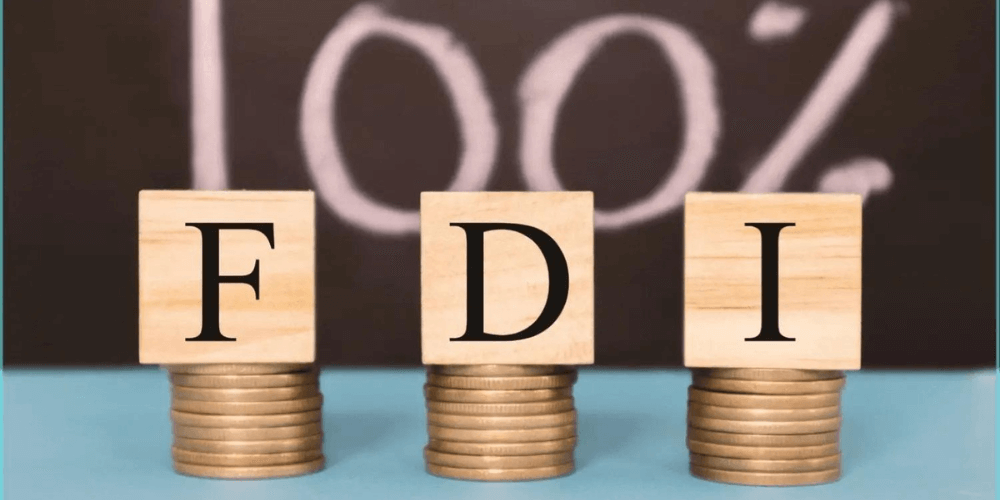Bài viết tiếng anh
All investment activities in Vietnam are regulated by the Law on Enterprise (LOE) passed by the National Assembly dated 26 November 2014 and the Law on Investment (LOI) passed by the National Assembly dated 26 November 2014. Both laws became effective as of 1 July 2015.
The LOE addresses the types of companies and business establishments permitted to operate in Vietnam, their governance, liability and way of operation.
The LOI includes provisions on investment activities, rights and obligations of investors, the registration and evaluation of investment projects, investment incentives, investment guarantees and State management of investment. This Law replaces the old Law on Foreign Investment in Vietnam and the Law on Encouragement in Domestic Investment and is commonly applicable to both foreign and domestic investors.
Vietnam has signed and acceded to various bilateral and multilateral arrangements on investment, such as agreements for the promotion and protection of investments with 60 countries and territories, the ASEAN Comprehensive Investment Agreement (ACIA), and ASEAN Free Trade Agreements with China, Korea, Australia – New Zealand, India and Japan, the BTA with the United States of America containing an investment charter, the Convention on the Establishment of the Multilateral Investment Guarantee Agency (MIGA), and other related international investment agreements.
Where the international agreements contain provisions inconsistent with the provisions of the legal instruments on FDI, the provisions of those international agreements shall be applied.
Vietnam officially joined the WTO on 7 November 2006 and put its commitments into force from 11 January 2007.
The accession of Vietnam to WTO has brought a positive impact to Vietnam’s market and economy, including:
i) The considerable reduction of import duties on goods for domestic production as well as for private and government consumption.
ii) The liberalization of Vietnam’s services market. The services sub-sectors that used to be closed or restricted to foreign investment (such as distribution, transport, telecommunication, finance, etc.) is largely liberalized from the year 2009.
Government owned industries and privatization
Since the undertaking of Doi Moi initiative, together with encouraging national private investment and progressively opening the economy to foreign investors, the Government of Vietnam has pursued its reform program for the State-owned Enterprises (SOEs) with an aim to improve their productivity and efficiency. The reform has been conducted in three phases (restructure, renovate and develop) through the implementation of 4 key measures:
i) reform of SOE management;
ii) reorganise and reinforce state owned general corporations; i
iii) SOE equitisations;
iv) Transferring, contracting, leasing and selling of SOEs.
The equitization process, which consists of transforming SOEs into shareholding companies and selling part or all of the capital to employees and/or private investors, was initiated in 1991. By the end of 2011, over 3,976 SOEs have been equitised. There are 1,309 wholly state-owned enterprises (100% SOEs) including 101 Groups and General Corporations, 2 state-owned commercial banks and over 1,000 independent SOEs.
Since 2005, the equitisation is not only limited to small and medium SOEs, but also covers large General Corporations. Particularly notetable are the equitisation in financial and banking sector including the National Insurance Corporation (Bao Viet) and Vietcombank in 2007, the Vietinbank in 2008, and most recently the BIDV in December 2011. According to the lately approved plan for SOEs reform, from now to 2015, 1,309 SOEs will be restructured including 573 equitized SOEs. Sizeable Groups, General Corporations which will be equitised by 2020 include PVN (Vietnam National Oil and Gas Group), Vinacomin (Vietnam National Coal – Mineral Industries Group), EVN (Vietnam Electricity Group), VNPT (Vietnam Posts & Telecommunications Group), Vinachem (Vietnam National Chemical Group), Vinacafe, (Vietnam National Coffee Corporation), VRG (Vietnam Rubber Group).
Investment guarantees
The Vietnamese Government guarantees fair treatment for investors. Investors’ capital and other legal assets will not be expropriated or confiscated by law or administrative measures, and businesses with foreign-invested capital will not be nationalized. Foreign investors are allowed to remit abroad investment capital and profits, loan principal and interest, and other legal proceeds and assets.
Expatriates working for businesses with foreign-invested capital or for a BCC are allowed to remit their income abroad.
The interests of foreign investors are satisfactorily guaranteed in the event of adverse effects caused by a change in law through the application of a number of measures. The LOI warrants that such changes will be disregarded or that disadvantages to the investor stemming from a change in law will be compensated by permission to amend its operations, the granting of compensatory tax exemptions or by other means of compensation for damages.
Moreover, where more favorable provisions are enacted, existing investors will be able to reap those benefits. Upon the completion of company liquidation procedures, foreign investors may transfer abroad any remaining capital.








